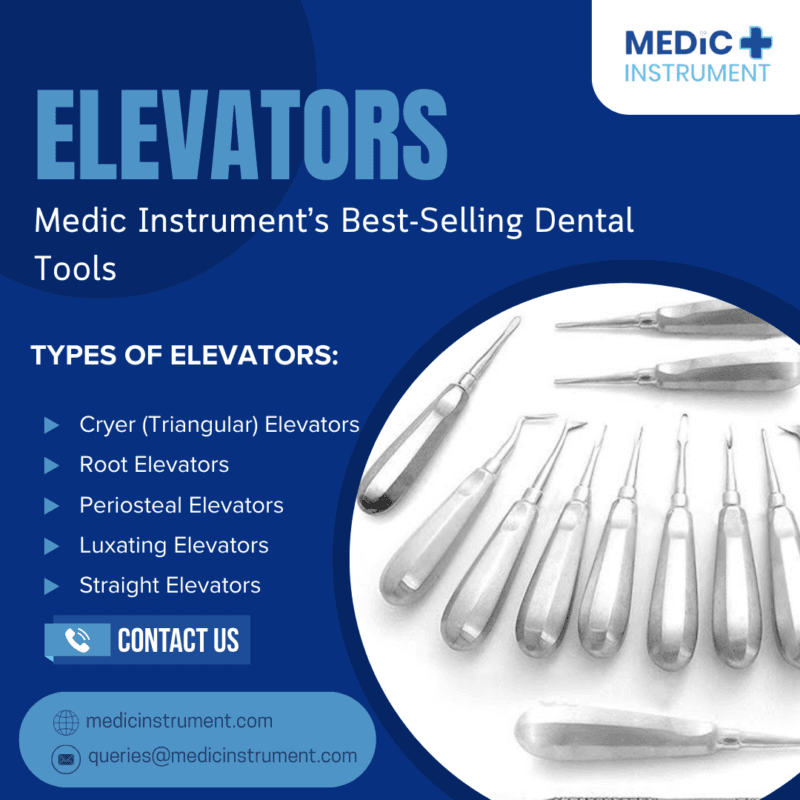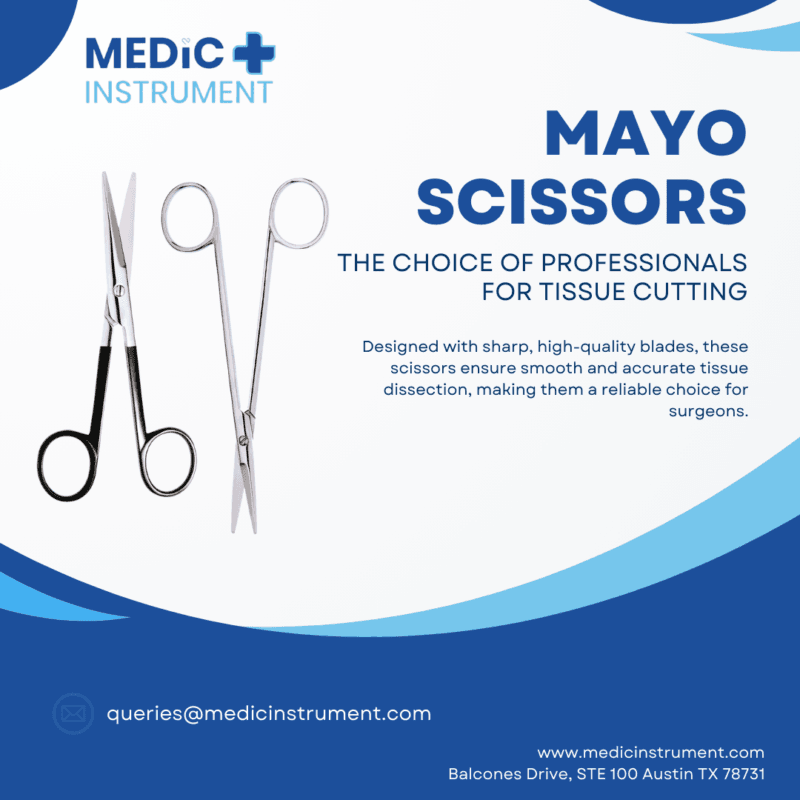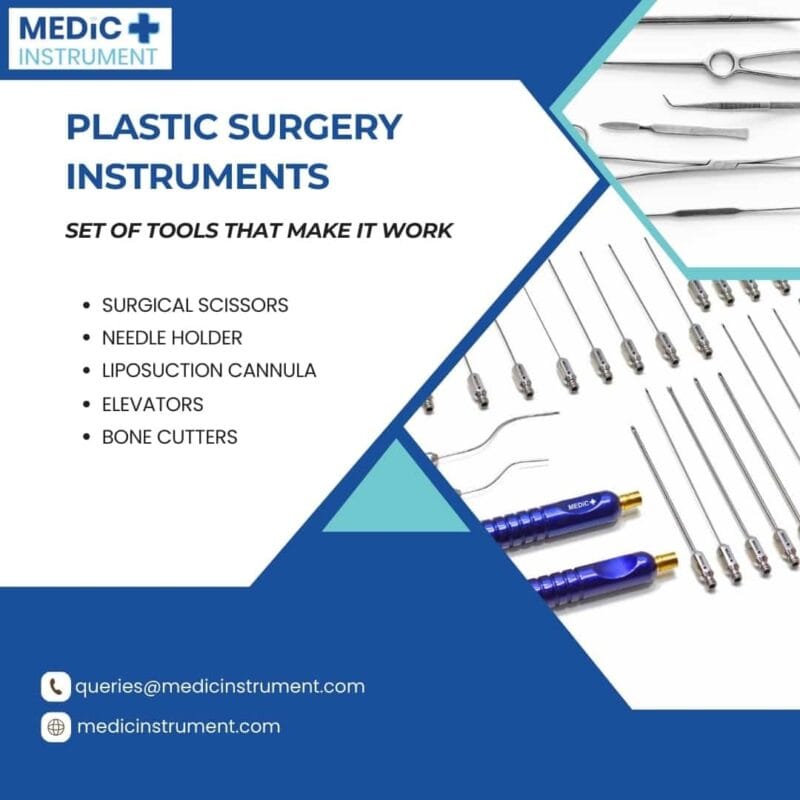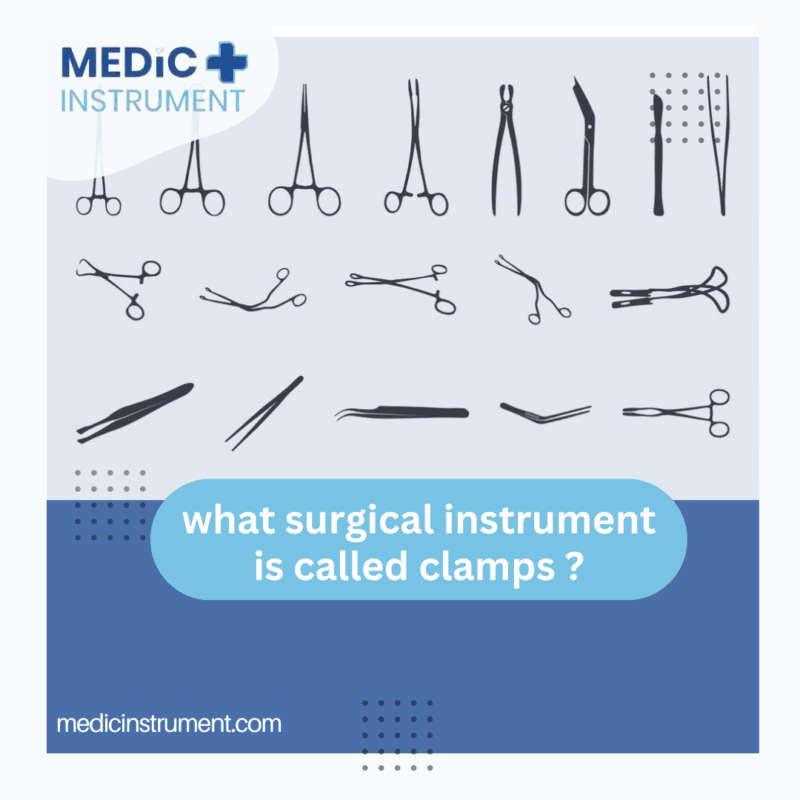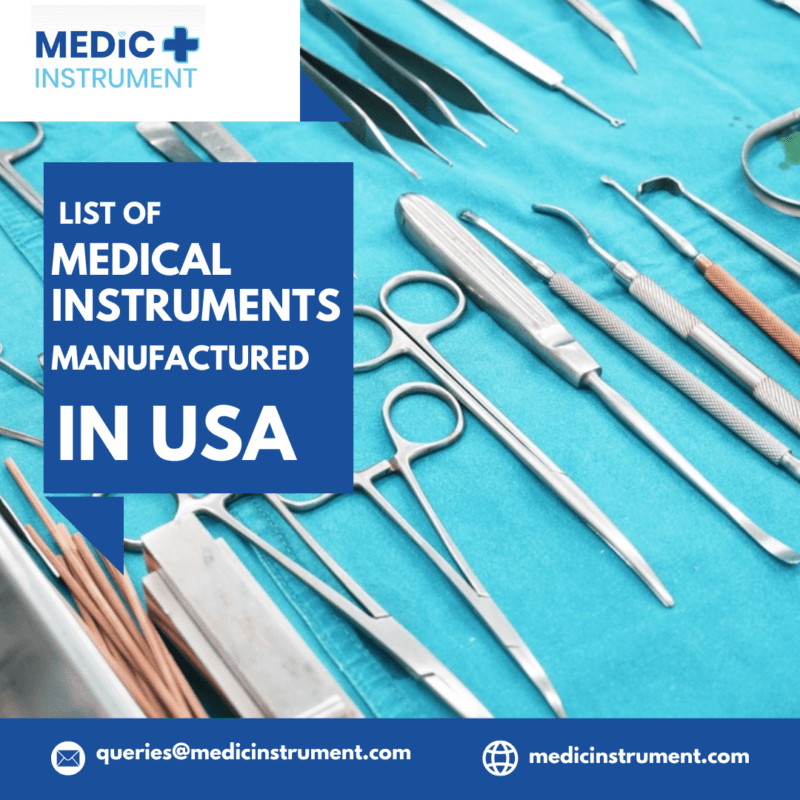Guide to Surgical Instruments from Leading Manufacturers
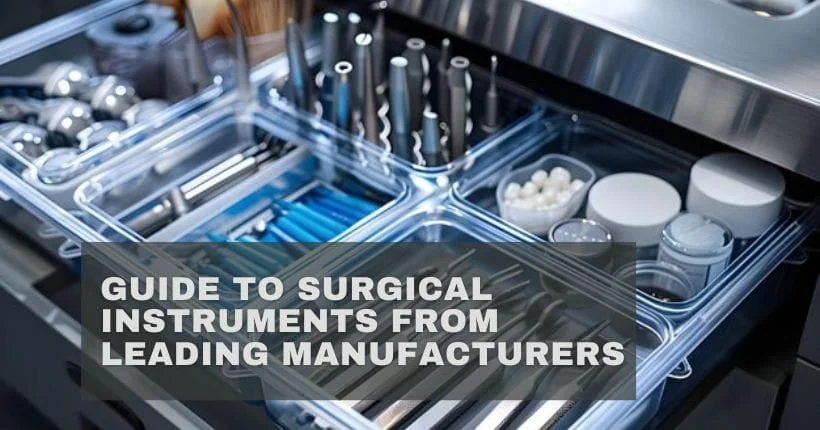
The quality of surgical instrument plays a crucial role in the success of medical procedures. Whether you’re performing a routine operation or a complex surgery, the precision and reliability of your tools can greatly affect patient outcomes. Leading medical equipment manufacturers continue to innovate and produce high-quality medical instruments designed to meet the needs of modern healthcare.
In this guide, we’ll explore the different types of surgical instruments, the importance of choosing the right equipment, and how to identify leading manufacturers that deliver top-tier products.
1. Types of Surgical Instrument
Surgical procedures require a wide range of specialized tools designed for specific tasks. Here are some common types of surgical instruments used in modern healthcare:
- Cutting Instruments: Scalpels, scissors, and saws fall into this category. They are designed for precision cuts and incisions. Sharp, durable blades ensure smooth, accurate results, reducing the risk of tissue damage during surgery.
- Grasping and Holding Instruments: Forceps, clamps, and needle holders allow surgeons to handle tissues, hold onto small objects, or secure sutures. These tools must offer a firm grip without causing unnecessary harm to delicate tissues.
- Retractors: Retractors are essential in surgeries to hold back tissues and organs, allowing surgeons a clear view of the operation site. These instruments come in various designs, including hand-held and self-retaining options, each suited for different types of surgery.
- Suction and Irrigation Devices: Used to clear fluids or blood from the surgical area, these instruments help maintain a clean working environment during surgery. Suction devices are essential in various surgical disciplines, including cardiovascular and neurosurgery.
- Robotic-Assisted Instruments: Robotic surgery tools, like those used in minimally invasive procedures, provide precision and control beyond what traditional instruments offer. These medical instruments enhance a surgeon’s ability to perform delicate tasks through small incisions.
2. The Role of Medical Equipment Manufacturers
Choosing the right medical equipment manufacturer is essential for ensuring that you’re using high-quality surgical instruments. Manufacturers that invest in research and development often produce the most innovative tools, making surgeries safer and more efficient. But not all manufacturers are created equal, and there are key factors to consider when selecting your supplier:
- Quality Control Standards: Reputable manufacturers adhere to international standards like ISO certifications, ensuring that their medical instruments are reliable, safe, and consistent. These certifications are a testament to the manufacturer’s commitment to quality.
- Innovation and Technology: Healthcare is continuously evolving, and so should the tools used in surgeries. Leading manufacturers prioritize innovation by incorporating cutting-edge technology into their surgical instruments. For example, advancements in minimally invasive surgery tools and robotic-assisted devices have revolutionized the medical field.
- Customization: Some medical facilities require specialized instruments. Medical equipment manufacturers that offer custom-built tools for specific procedures can significantly enhance surgical precision and efficiency.
3. Leading Manufacturers of Surgical Instrument
Several manufacturers stand out for producing top-quality surgical instruments. These companies have earned their reputations by consistently delivering reliable, innovative tools:
- Medtronic: Known for its broad range of medical instruments, Medtronic focuses on creating high-quality, reliable tools that meet the rigorous demands of modern surgery. Their products cover a wide array of medical specialties, including cardiovascular, neurological, and spinal surgeries.
- Johnson & Johnson Medical Devices: Johnson & Johnson offers a comprehensive selection of surgical instruments and medical equipment that are trusted by healthcare professionals worldwide. Their tools are engineered for precision and durability, making them a leading choice in hospitals and clinics.
- Stryker: A global leader in medical equipment manufacturing, Stryker specializes in producing orthopedic, robotic-assisted, and minimally invasive surgery tools. Their innovations in surgical technology have enhanced the precision of complex procedures, improving patient outcomes.
- B. Braun: B. Braun focuses on high-quality surgical instruments for various medical disciplines, including general surgery, orthopedics, and cardiovascular procedures. Their attention to detail and commitment to safety standards make them a top choice for many healthcare providers.
- Zimmer Biomet: Zimmer Biomet is a leading medical equipment manufacturer known for its specialized tools in orthopedic surgeries, particularly joint replacement and musculoskeletal health. Their instruments offer high durability and precision, essential for complex surgical procedures.
4. Importance of High-Quality Surgical Instrument
The use of high-quality surgical instruments is critical to ensuring successful outcomes in medical procedures. Here are some reasons why investing in the best tools is essential:
- Enhanced Precision: Well-designed and sharp instruments allow surgeons to make precise incisions and control tissue handling, minimizing trauma and reducing the risk of complications.
- Increased Patient Safety: High-quality medical instruments reduce the likelihood of instrument malfunction or failure during surgery, which can lead to serious patient safety issues.
- Durability: Surgical tools undergo repeated use and sterilization. Top-tier surgical instruments are designed to withstand these processes without compromising their effectiveness, ensuring a longer lifespan and better value.
- Regulatory Compliance: Leading medical equipment manufacturers produce instruments that comply with strict healthcare regulations. This ensures the tools are safe for patient use and meet industry standards for performance and hygiene.
5. How to Choose the Right Surgical Instrument
Choosing the right surgical instrument for your practice involves evaluating your specific needs and the reputation of the medical equipment manufacturer. Here’s a checklist to help you make informed decisions:
- Research the Manufacturer: Look for a manufacturer with a proven track record of delivering reliable, high-quality medical instruments. Check their certifications and history of innovation.
- Request Samples: Some manufacturers offer samples of their surgical instruments. Testing these tools in your practice can give you a better idea of their performance and suitability for your specific needs.
- Customization Options: If your practice requires specialized tools, work with manufacturers that offer custom solutions to ensure you get the precise instruments you need.
- Evaluate Warranties and Support: Look for manufacturers that provide comprehensive warranties and ongoing support. This will ensure that you can maintain your instruments and receive prompt assistance if any issues arise.
Conclusion
In the world of modern healthcare, the quality of your surgical instrument can make all the difference. By partnering with a reliable medical equipment manufacturer, you can ensure that your practice has access to the best medical instruments available, which not only improves surgical precision but also enhances patient safety and overall outcomes












